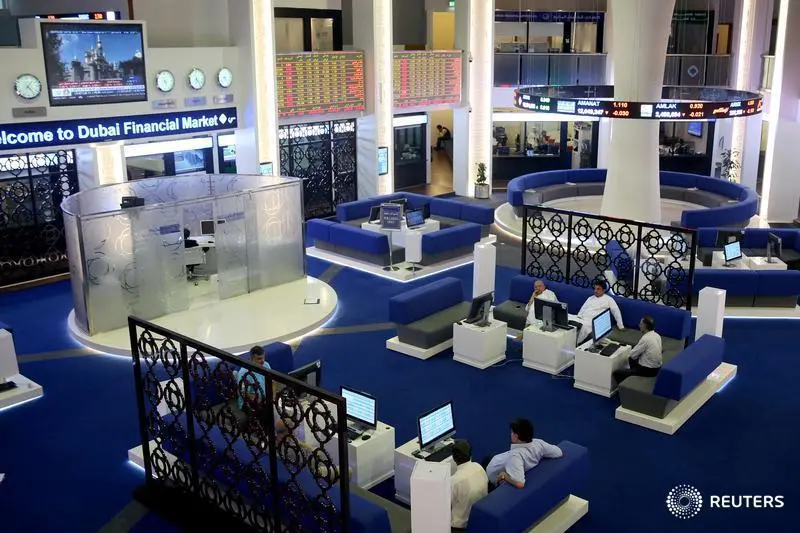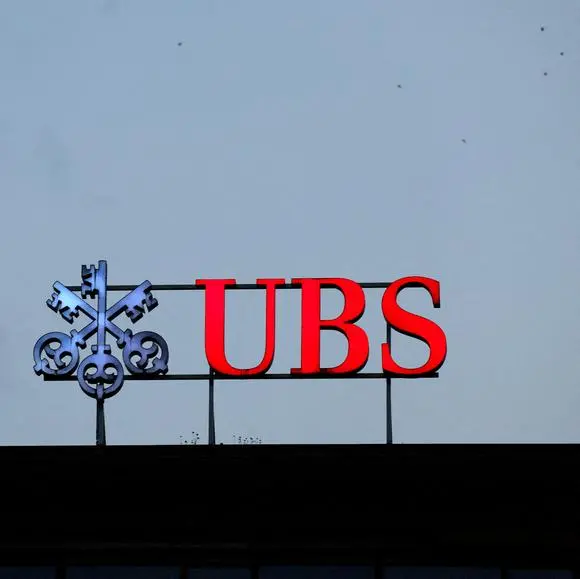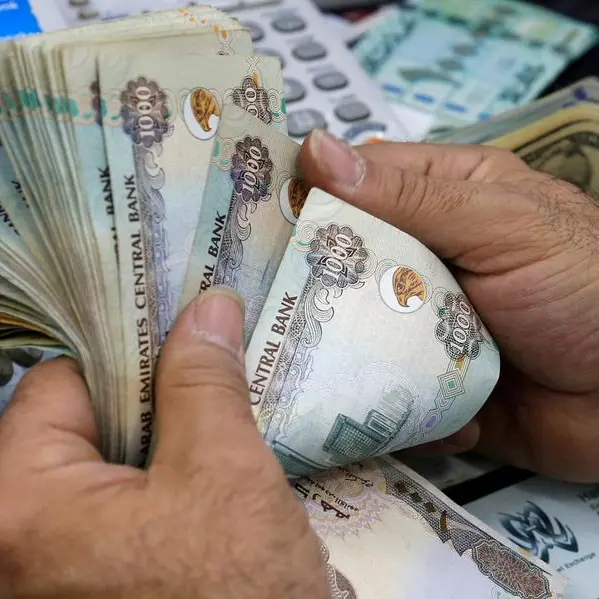PHOTO
Saturday, Jun 10, 2017
Dubai: The old adage of ‘Sell in May and go away’ may not yield results for yield-hungry investors.
Fund managers had been advising that the best time to invest is the beginning of the year up until May, and from October till the end of the year. The period between May and October has historically been a period of zero returns, but this year may be different.
Recovering global growth, favourable monetary conditions, good earnings prospects from companies are keeping fund managers overweight on equities.
So investors who would want to book profits and go away and come back later in the year may miss out on the upside in equities.
“History suggests investors should lighten up on stocks in the summer. But this year there are many reasons to have disregarded the adage ‘sell in May and go away’,” said Luca Paolini, chief strategist at Pictet Asset Management.
Strong positive fundmentals are reinforcing the case for being overweight on equities.
But even among equities, US stocks are more expensive than Europe and rest of the world.
Julius Baer told Gulf News in April that they would buy European stocks on weakness after having encashed out in April ahead of French elections results.
“We took some profits in Europe in April because we thought that market would decline in the first round of French elections. If there was a large correction in Europe, we would have taken advantage of that weakness, but that hasn’t happened,” Mark Matthews, head of research at Bank Julius Baer said.
National Bank of Abu Dhabi investment committee is of the view that it would be appropriate to take the risk led by an overweight view on European and US equities.
“Europe’s corporate sector is seeing strong earnings growth and solid fund inflows, allowing us to maintain an overweight stance,” Paolini said.
Pictet has scaled back its exposure to Japanese equities to a single positive as economic momentum moderates.
“Among our sector weightings, we have trimmed our exposure to financials and downgraded utilities to neutral. By contrast, we’ve upgraded health care to overweight from neutral on the back of earnings momentum and relatively attractive valuations,” he added.
UK equities
On UK equities, Pictet feels that renewed weakness in the pound and attractive valuations have prompted the decision to upgrade them to overweight from underweight.
“The UK’s economy’s resilience in the wake of last summer’s referendum has caught many by surprise. In part, sterling’s sharp subsequent decline has boosted the country’s competitiveness,” Paolini said.
The FTSE 100 hit a record high of 7,599 in late May, but the index has fallen a little since then.
The UK has been one of the two economies to show sharply improved macroeconomic fundamentals during the past month, while the other one was New Zealand.
“There have yet to be any real policy effects — the exit process is only just starting. The BoE’s emergency rate cut last summer and easy monetary policy is also translating into strong private sector credit creation, underpinning UK money supply growth for the time being.
For Pictet, the UK is the second most attractive major developed equity market on a valuation basis.
“Brexit will probably prove a medium-long term drag on the economy. Inflation, boosted by rising import costs, is also likely to take a bite out of disposable incomes despite weaker settling,” Paolini said.
Currencies
In currency markets, the euro has climbed nearly 6 per cent versus the dollar over the past two months and Pictet feels that it may have further to go.
“Macron’s victory in France reignited investor appetite for European assets and economic data is also very supportive,” Paolini said.
“The euro should also benefit from a growing yield advantage over the US dollar. Economic growth will enable the ECB to remove its monetary easing bias and, hence, to further scale back bond purchases,” he added.
By Siddesh Suresh Mayenkar Senior Reporter
Gulf News 2017. All rights reserved.












